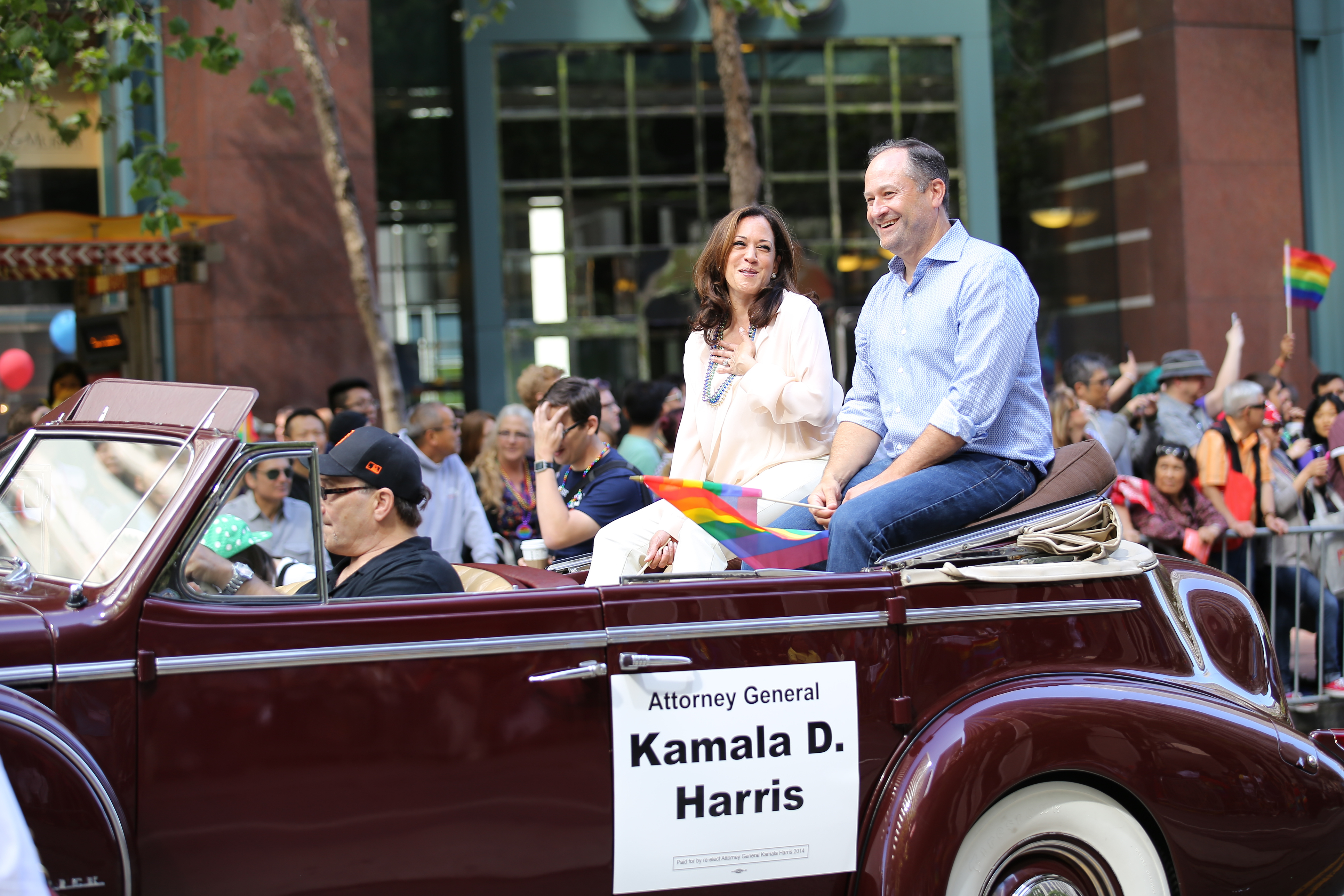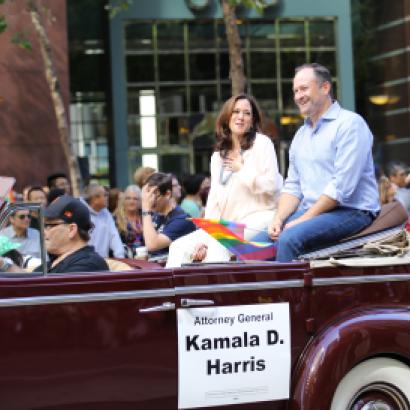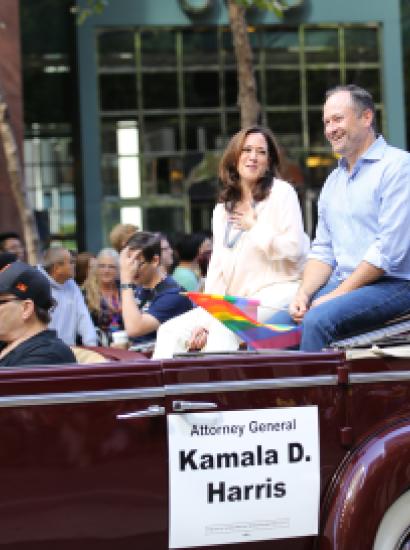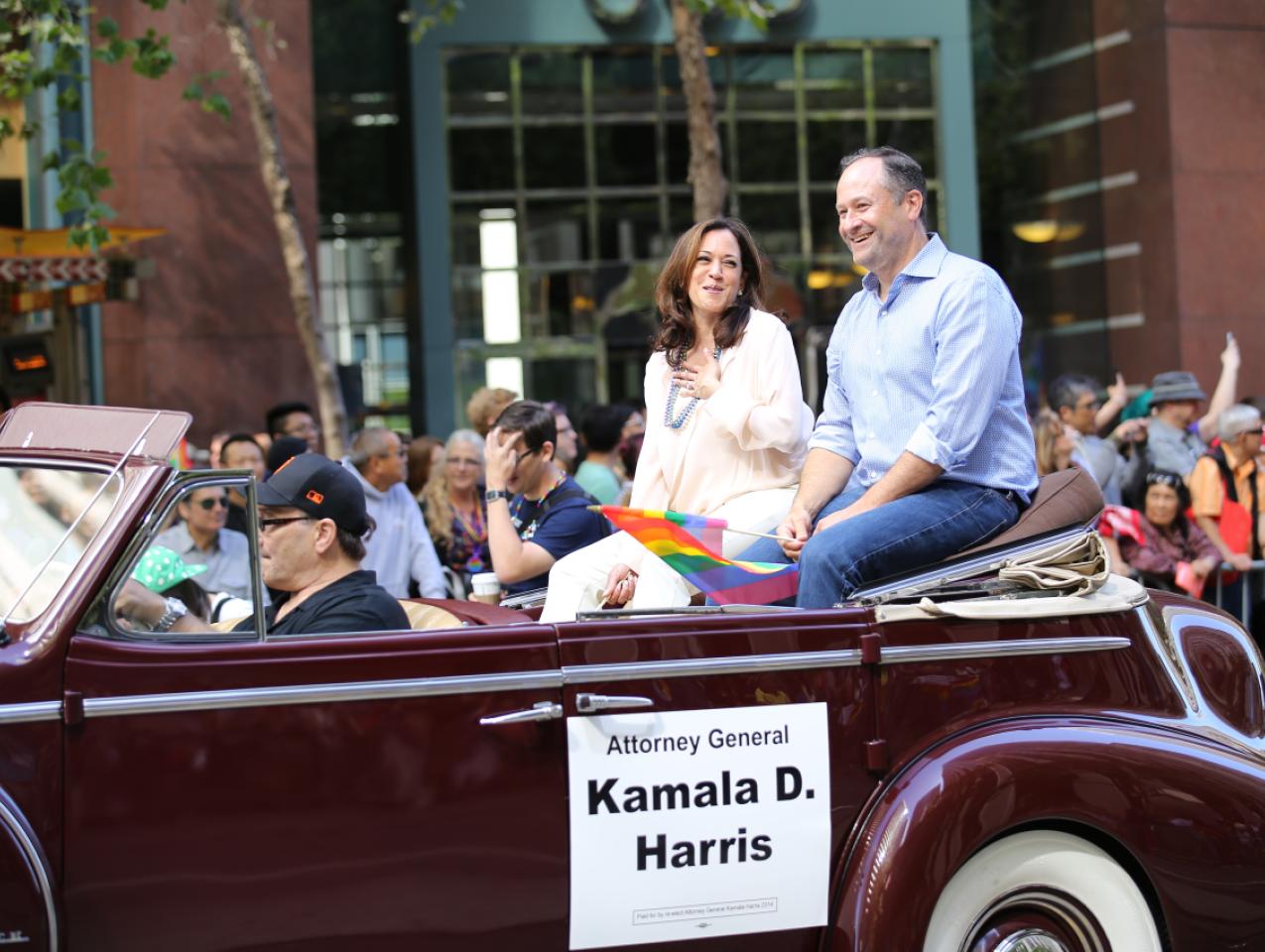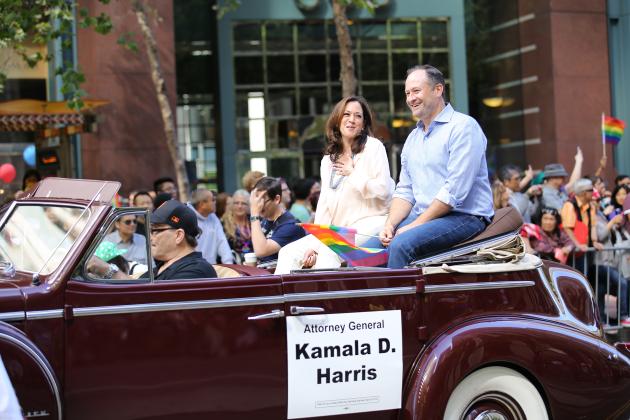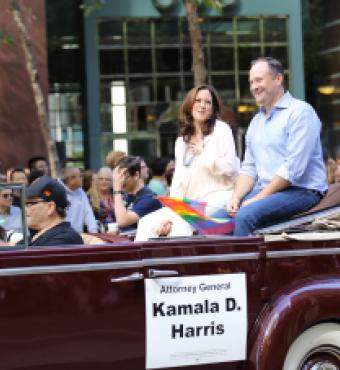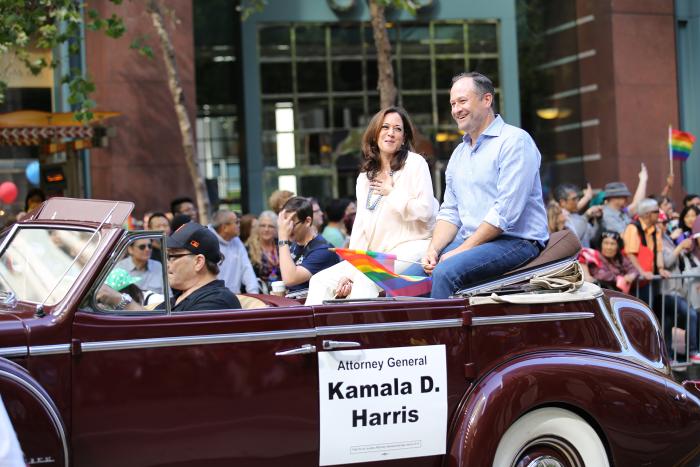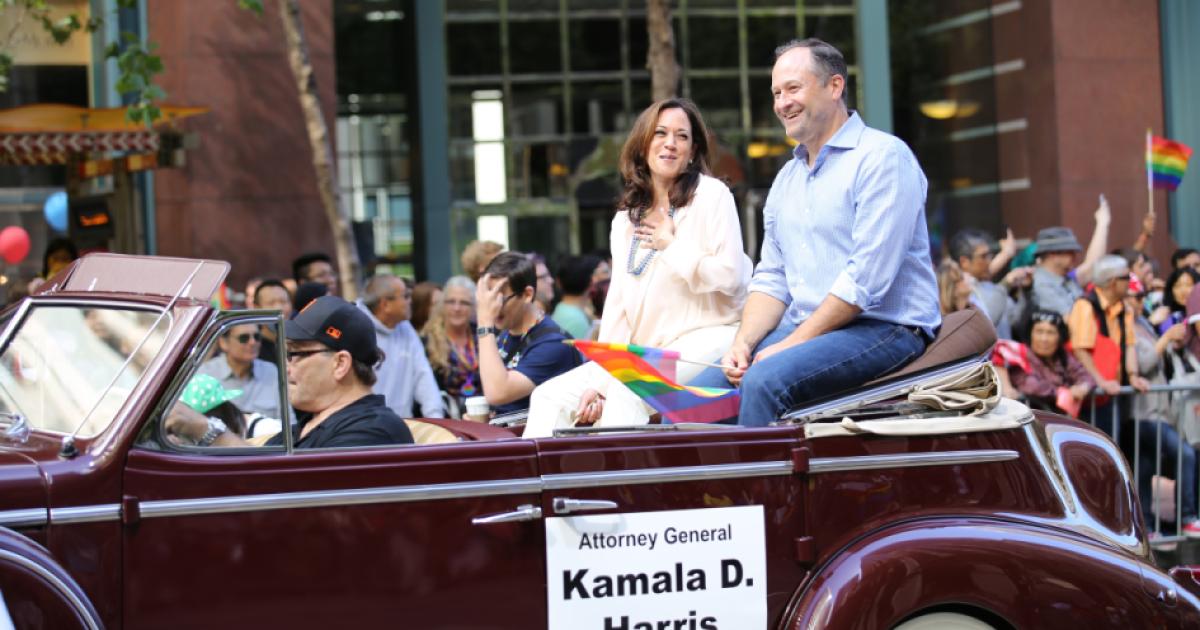- Politics, Institutions, and Public Opinion
- Campaigns & Elections
- State & Local
- California
What to make of last week’s report that New York City mayor Bill de Blasio soon will enter the Democratic presidential field?
First, with at least 22 candidates in the hunt, the Democratic hopefuls can mix it up one of two ways: on a debate stage or out on the gridiron in an 11-on-11 football scrimmage.
Second, consider the geographical redundancy.
De Blasio would join Sen. Kirsten Gillibrand and entrepreneur Andrew Yang as the three New Yorkers in the field.
Texas likewise claims three presidential candidates: former HUD secretary Julián Castro, former US representative Beto O’Rourke, and author Marianne Williamson.
Massachusetts is represented by Sen. Elizabeth Warren and Rep. Seth Moulton.
Colorado offers both a former governor (John Hickenlooper) and a sitting US senator (Michael Bennet) who at one time was the former governor’s chief of staff.
And then there’s California, with two presidential candidates: Sen. Kamala Harris and Rep. Eric Swalwell.
The funny thing is, in this abnormally large Democratic field, the Golden State presence is less than expected. Los Angeles mayor Eric Garcetti opted not to run. So too, hedge-fund billionaire Tom Steyer, whose Ahab-luring white whales are impeaching the president and disbarring Trump’s attorney general. Celebrity lawyer Michael Avenatti also bailed on the race—four months before he was indicted on 36 charges of tax dodging, perjury, and stealing from clients.
But despite the undersized presence, California provides an important reminder: not all campaigns are created equally.
On the one hand, the two California candidates have qualified for next month’s Democratic presidential debate in Miami. Swalwell gets to go on stage because he’s one of 17 Democrats who’ve received at least 1% support in three polls.
However, as of the end of April, he had failed to meet NBC’s other means of qualifying: receiving donations from 65,000 individuals (including 200 donors apiece in 20 states).
Harris, on the other hand, is one of only nine Democratic candidates who meet both the polling and fundraising standards.
Given that NBC will randomly select where the candidates will stand on the stage, we can’t call it the adult table vs. the kiddie table. A better parallel might be an ocean liner from a century ago: Harris has a first-class ticket; Swalwell is down in steerage.
Harris’s other advantage—the gift that keeps giving—is the Senate Judiciary Committee, in which she’s one of 10 Democrats sitting in the minority (along with fellow presidential hopefuls Cory Booker and Amy Klobuchar).
Twice now in the past eight months that committee has provided a boost to Harris’s presidential fortunes. In September, she grilled Supreme Court nominee Bret Kanavaugh. Last week, she did the same to Attorney General William Barr.
Does that mean a bump in the polls for Harris? We’ll see. But it could help the candidate with her fundraising. Fitting for a California Democrat, Harris has a problem with fiscal restraint—only Bernie Sanders’s and Elizabeth Warren’s campaigns outspent Team Kamala in this first three months of 2019.
Swalwell likewise sits on a congressional Judiciary Committee. However, he’s one of 24 House Democrats on the majority side. That makes it difficult to get noticed—even more so when two of his judiciary colleagues include a bombastic chairman and a fellow committee member who traffics in ceramic chickens and buckets of KFC.
Perhaps that need to get noticed is what led Swalwell to do some sloppy tweeting last week, with this missive calling for an equal rights amendment to the Constitution: “Do you know how many times the word ‘Woman’ is mentioned in the Constitution? Zero. That is unacceptable. Women must be equally represented and equally protected. #ERANow.”
What Swalwell neglected to mention: the word “Man” likewise is not to be found in the republic’s framework.
Nor did the congressman note that he lifted the line from On the Basis of Sex, last year’s Ruth Bader Ginsburg biopic.
In that movie, the future Supreme Court justice is mansplained by a jurist: “The word ‘woman’ does not appear even once in the US Constitution.”
To which the young and spirited RBG snappily replies: “Nor does the word ‘freedom,’ your honor.”
(Heaven forbid that constitutional law get in the way of witty banter—in this case, the First Amendment’s reference to “freedom of speech, or of the press.”)
For Swalwell to get noticed in a very crowded field or Harris to regain the momentum she’s seemingly lost since entering the contest in late January, both Californians need a break.
For Swalwell, it’s the luck of the draw at that first Democratic debate. He needs to be within the proximity of Joe Biden, assuming that attacks on the establishment-embodying former vice president will dovetail with Trump-bashing as the debate’s two defining themes.
His other lucky break: if the House Judiciary Committee starts down the path to presidential impeachment. Again, considering the grandstanding that exercise will spawn, Swalwell would be challenged to get a word in edgewise.
For Harris, luck could come in a different form—the remote chance that Justice Clarence Thomas retires this summer.
It’s “remote” in that Thomas, who turns 71 in June and is now the court’s “senior associate justice” as its longest serving member, perhaps relishes the opportunity to work with a panel that tilts 5-4 in favor of conservatives.
But should Thomas retire, the nation’s attention would turn to the Senate Judiciary Committee’s battle royale over his replacement. And there would be Harris, with another chance to champion the progressive cause.
Perhaps Rep. Swalwell, in addition to brushing up on the Constitution, should study congressional protocol—to see if House Judiciary members can crash Senate Judiciary proceedings.







